A Vision for Faro's Transformation
Adelino Canário, director of the Centre for Marine Sciences (CCMar-Algarve), paints a compelling picture of Faro's potential as a hub for science and innovation, rather than relying solely on tourism. Having recently returned from China, where he spends several months each year on research and diplomacy, Canário emphasizes that the Algarve, and Faro specifically, must pivot to avoid falling behind in modernity. He warns that continuing to focus only on tourism for coastal and marine resources leaves the region without a strategic development vision.
Current Economic Challenges
Despite being kissed by the Ria Formosa lagoon, Faro's economy does not fully leverage its maritime advantages. The new Municipal Master Plan (PDM), approved less than a year ago, repeats past mistakes. Canário asserts, "I don't want to be anti-tourism, but the Algarve needs to change direction, or it will lag behind." He criticizes the PDM as chaotic and unorganized, lacking a clear economic strategy beyond tourism. While traditional sectors like agriculture and fisheries have seen some innovation, average wages remain low, pushing youth into seasonal work.
Proposed Solutions and Setbacks
One key proposal from CCMar is to convert Faro's inactive commercial port, dormant for a decade, into a university campus focused on marine studies. Designed by architect Pedro Vaz, this 170 million euro project involved the University of Algarve and foreign private investors, aiming to explore areas like biotechnology. Canário, a guest professor at Shanghai Ocean University, has international contacts eager to invest but faces a recurring question: "Where can we set up?" The proposal was not embraced by the central administration, stalling progress.
International Recognition and Infrastructure Needs
The CCMar has gained international notoriety, with daily requests for student internships from across Europe and beyond. However, its facilities, located in former net warehouses at Ramalhete, are now undersized due to growth. Canário highlights that Faro suffers from an "inability to think big," contrasting with cities like Barcelona. He coordinates a 15 million euro project with 40 institutions, showcasing the scale of modern scientific collaboration.
Urban and Environmental Considerations
In Faro's city center, merchants lament the loss of customers to peripheral shopping centers, shifting the city's gravitational center. Canário proposed a public aquarium linked to local fauna and flora, alongside a research center for marine businesses. Initially supported by the Faro City Council, Port of Sines, Portuguese Environment Agency, and Ria Formosa Natural Park, the idea stalled at the central level due to administrative hurdles, such as transferring port jurisdiction to the municipality. With elections approaching, the topic is resurfacing, but concerns about the port's location within the sensitive Ria Formosa emphasize the need for sustainability and environmental integration in any development.

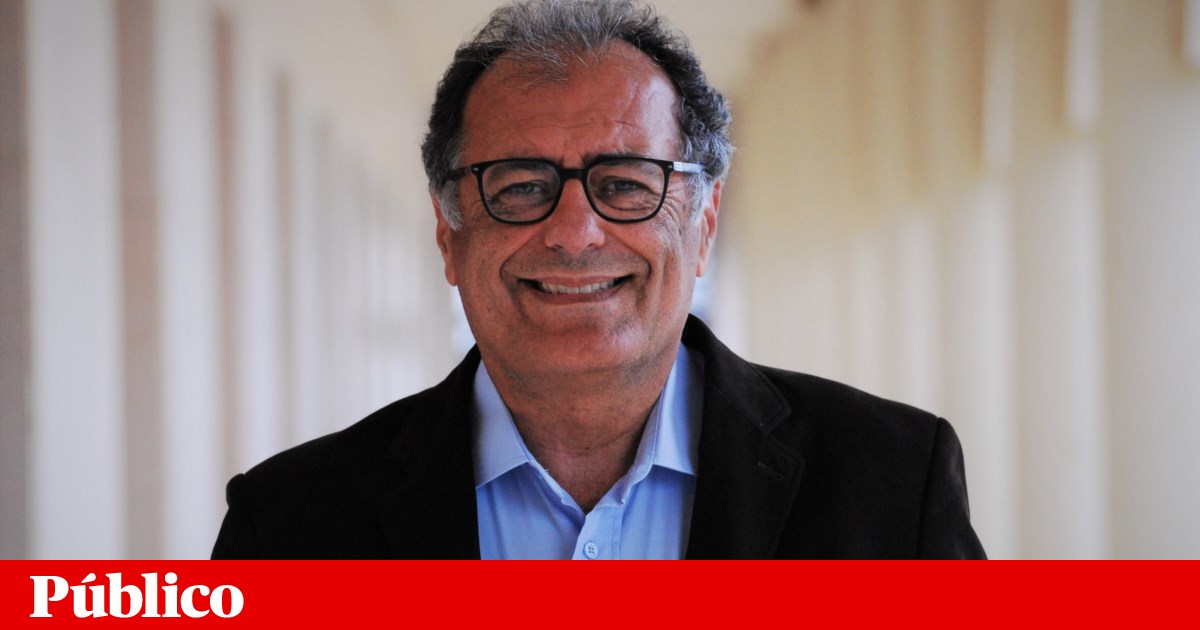

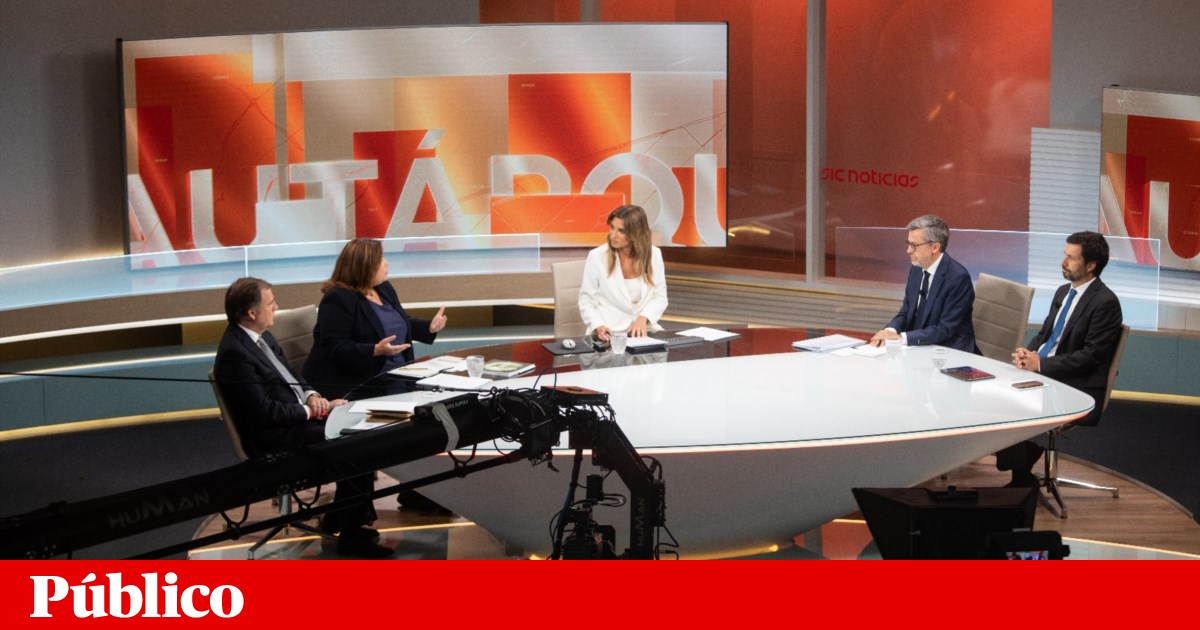
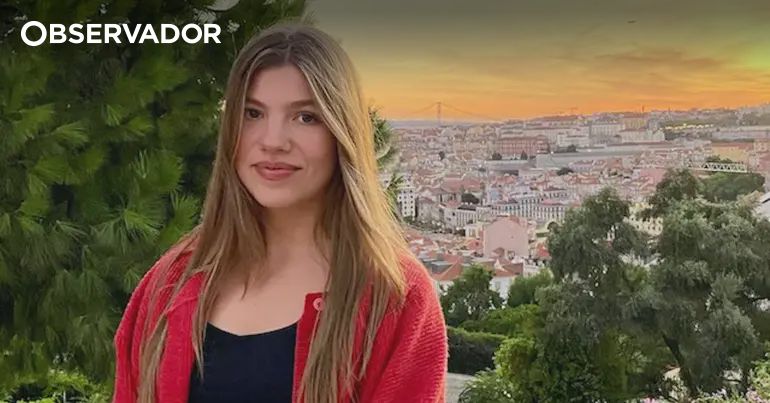
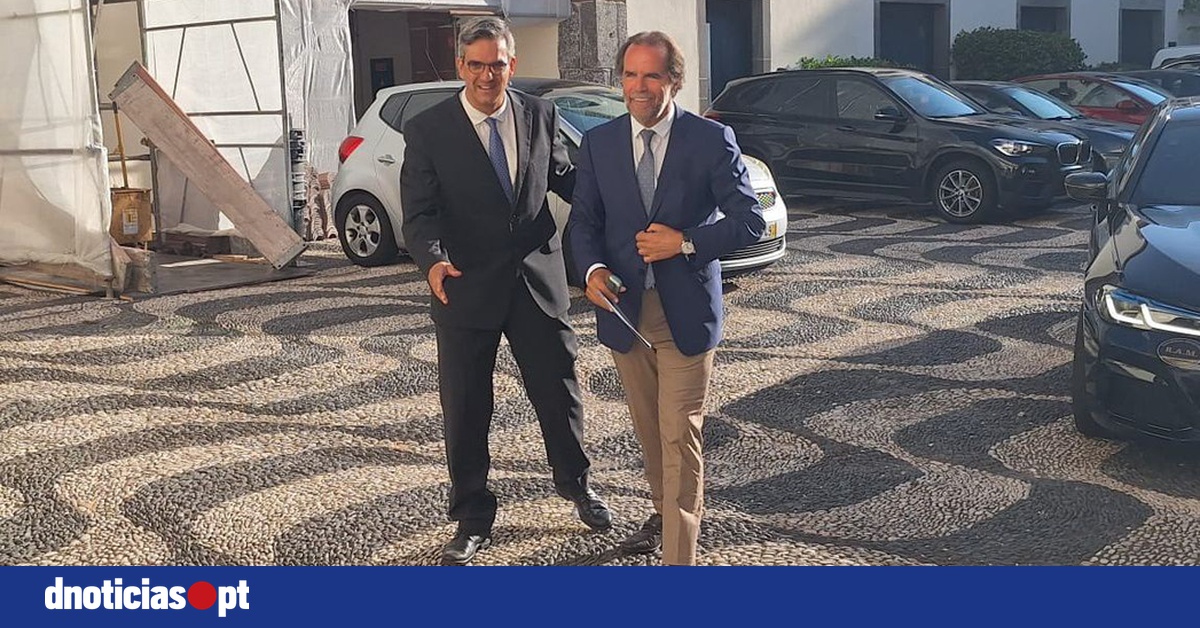
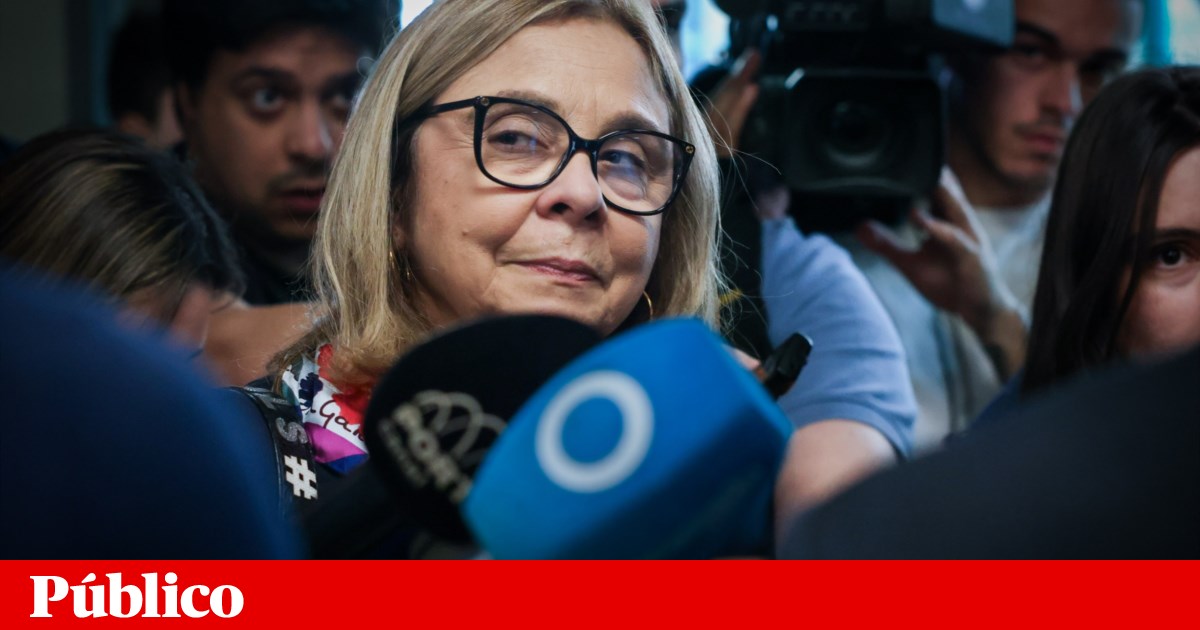
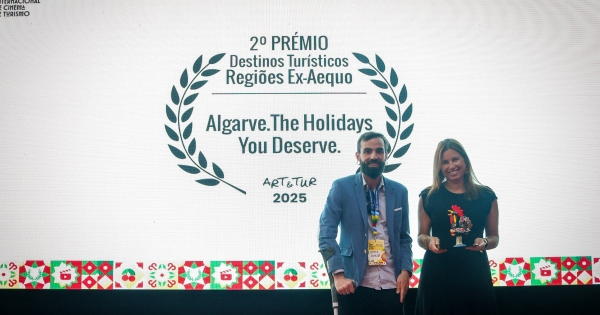
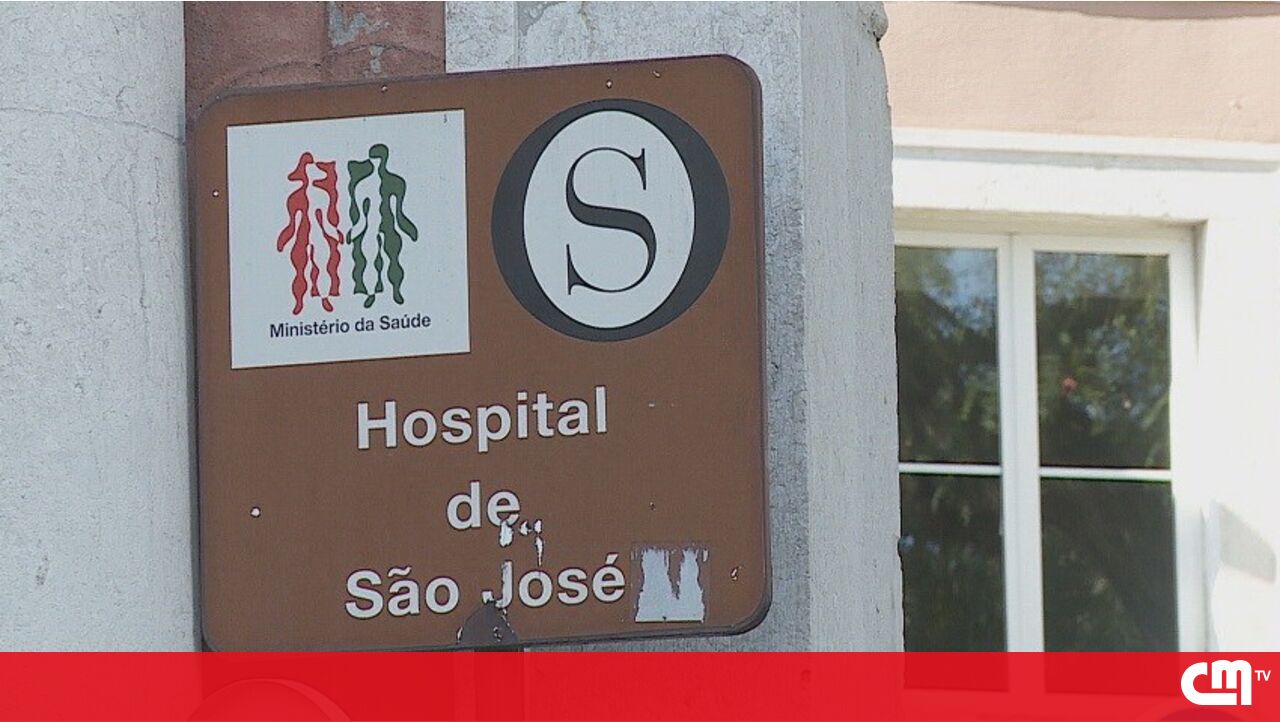

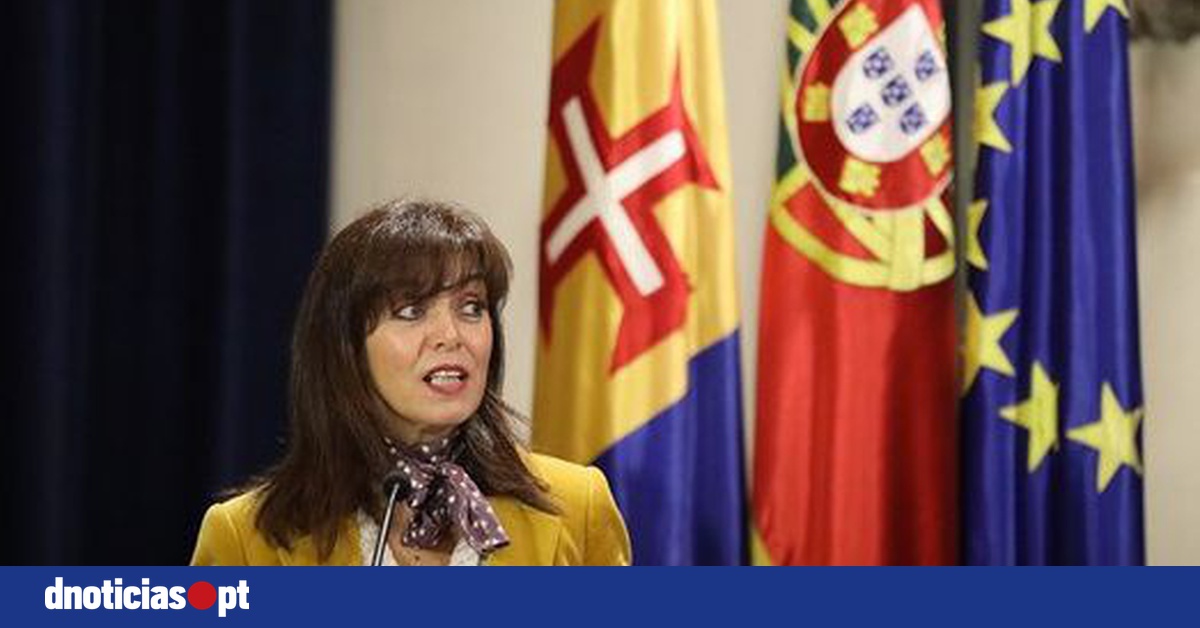
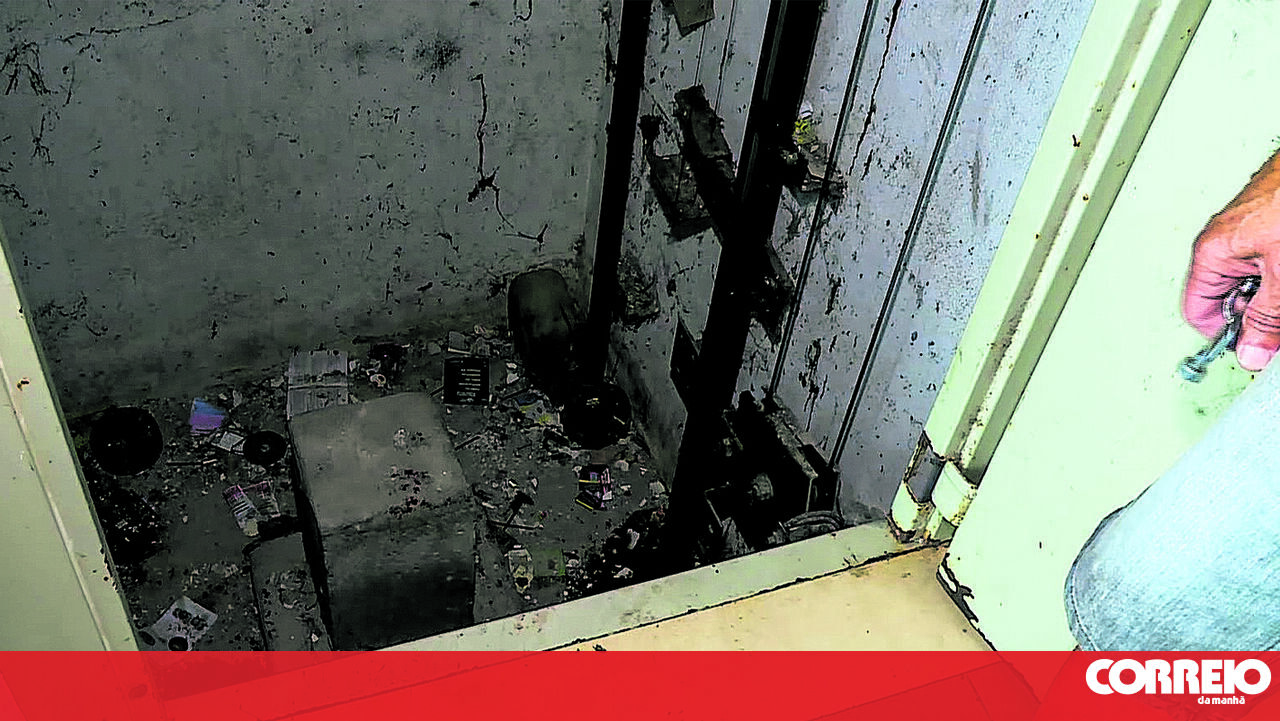
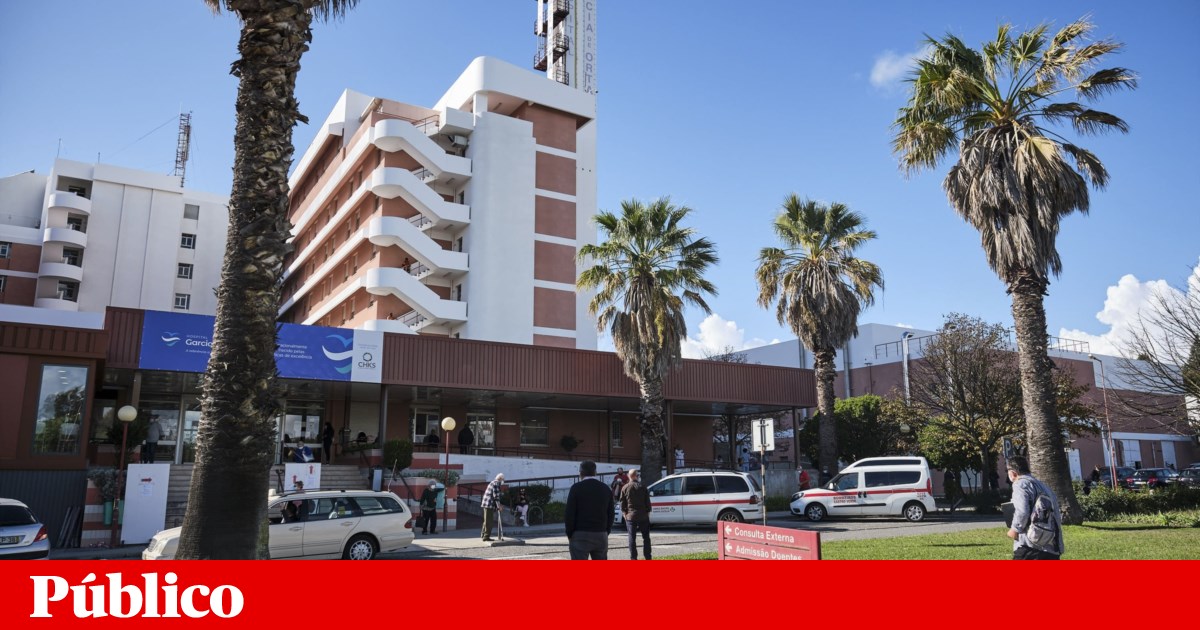

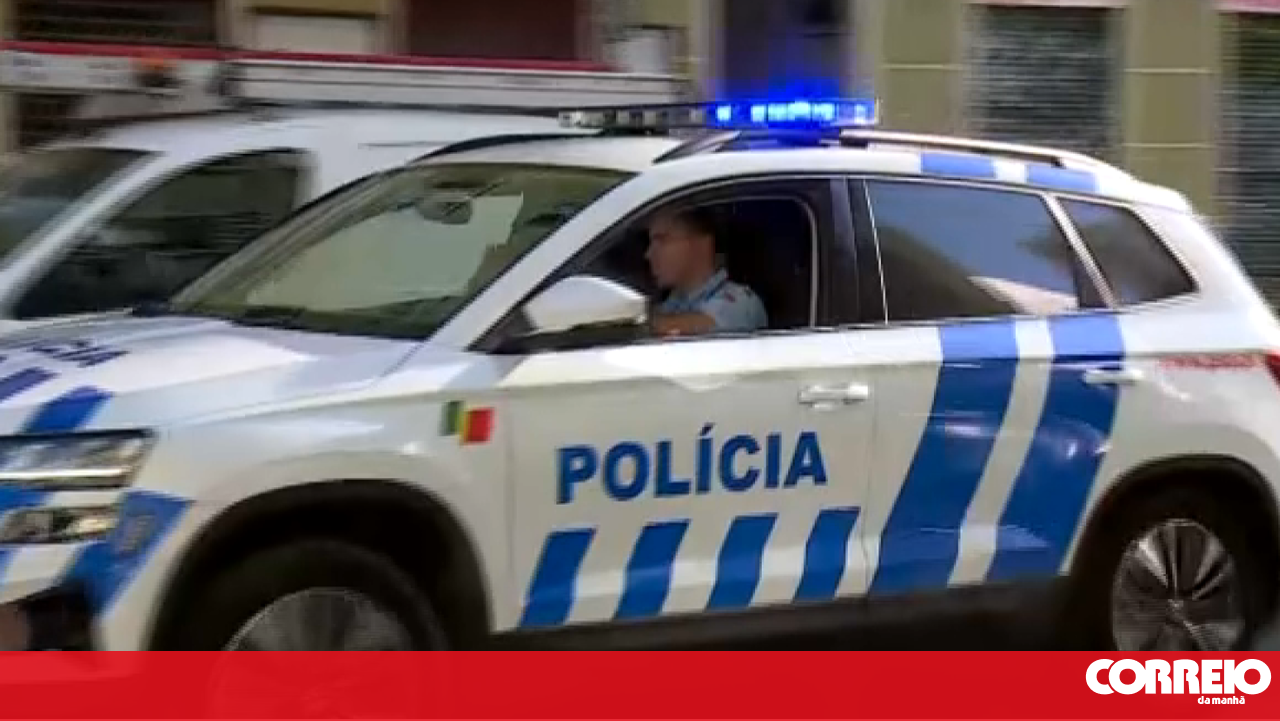

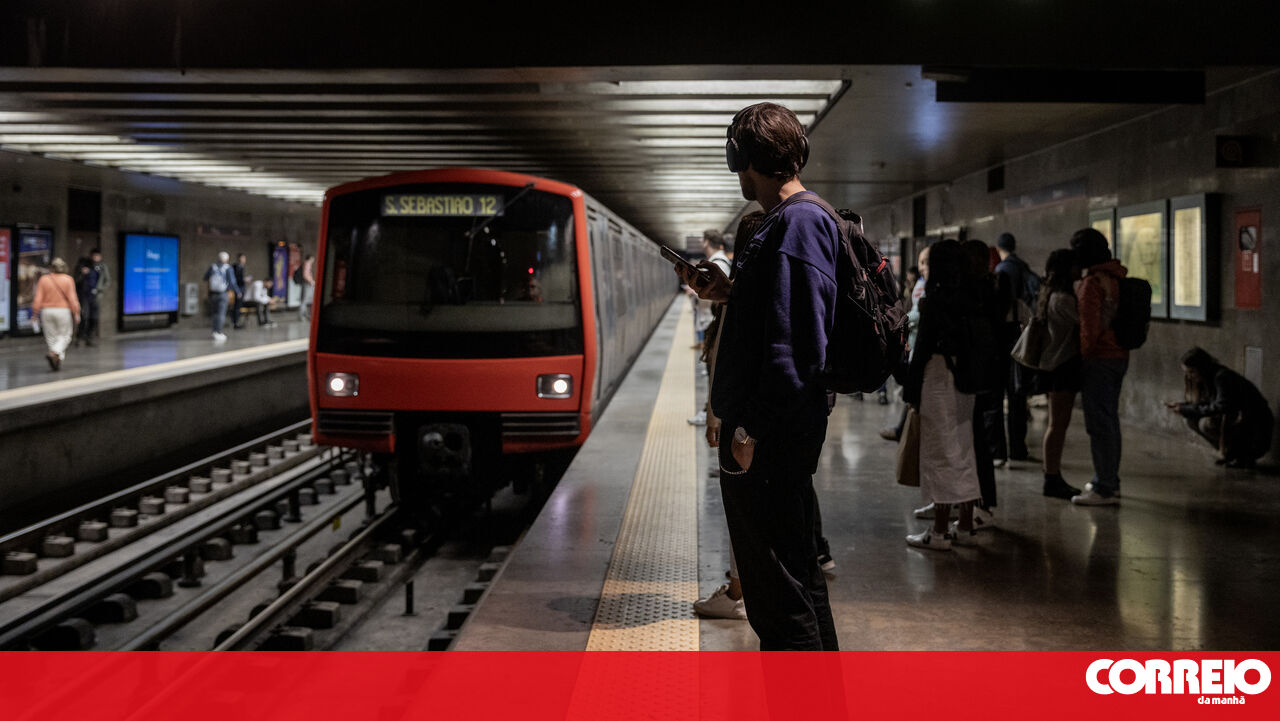


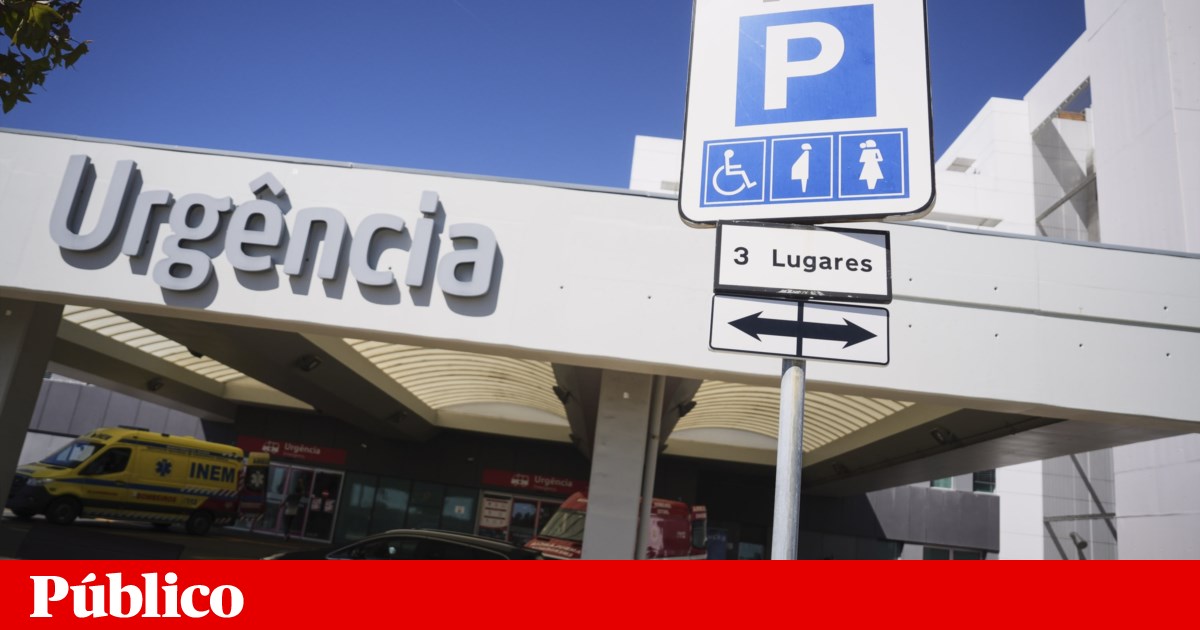

Comments
Join Our Community
Sign up to share your thoughts, engage with others, and become part of our growing community.
No comments yet
Be the first to share your thoughts and start the conversation!